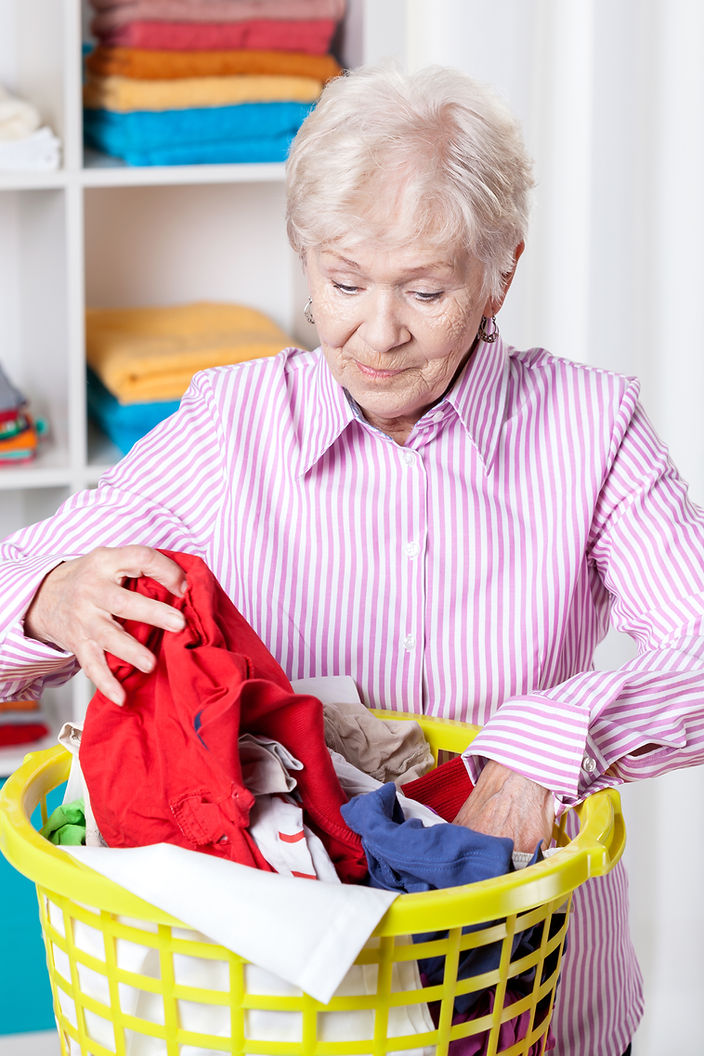As we age, maintaining our independence becomes increasingly important. The Support at Home program is designed with the understanding that elderly people, regardless of their age or level of health, have the desire to remain as independent as possible in their own homes. Wellness and reablement approaches play a vital role in achieving this, empowering seniors to continue engaging in day-to-day activities that promote their physical, social, and emotional well-being.

What is Wellness and Reablement?
Wellness focuses on building a person’s strength, capacity, and goals to maintain or improve their independence. It is about enhancing one’s abilities through a positive, person-centred approach. Reablement, on the other hand, is a time-limited intervention that focuses on regaining or maintaining skills, improving functional capacity, and boosting confidence. Both approaches are key principles in the Support at Home program, ensuring that elderly participants are not just receiving care but are encouraged to participate in activities that sustain their skills and autonomy.

The Importance of Maintaining Skills
One of the key aspects of wellness and reablement is continuing to engage in daily tasks, even if they require some assistance. For example, an elderly person might still be able to do tasks like dusting while their care worker vacuums. This method of “doing with” rather than “doing for” fosters a sense of achievement and independence, no matter the level of support required.
Engaging in regular activities, whether it’s small household tasks or hobbies, can help prevent the decline of physical and cognitive abilities. It reinforces the idea that maintaining independence is not only about managing daily life but also about preserving dignity, self-worth, and a sense of purpose. Through the Support at Home program’s wellness and reablement model, elderly individuals are encouraged to keep doing what they can, and receive support when necessary, so they can continue managing as many aspects of their life as possible.
How Wellness and Reablement Can Help
The benefits of maintaining and enhancing skills through wellness and reablement are substantial:
- Physical Health: Continuing to move, clean, or cook at a comfortable level helps maintain muscle tone and coordination. Activities such as light housework can provide gentle exercise and improve overall mobility.
- Mental Well-being: Doing tasks, even small ones, can boost a person’s mood and prevent feelings of helplessness or depression that can often accompany aging. Being able to contribute in some way to one’s environment can help maintain a sense of pride and satisfaction.
- Cognitive Function: Engaging in activities like dusting, folding laundry, or managing basic tasks like meal planning keeps the brain active. Cognitive stimulation is vital for maintaining mental clarity and preventing cognitive decline.
- Social Connection: Some tasks may involve social interaction, such as having a conversation while completing chores. The act of sharing moments with others can provide emotional support and reduce feelings of isolation.

The Role of Care Workers in Reablement
While wellness and reablement emphasize personal independence, they also recognize that care workers are a valuable support system in achieving these goals. Care workers assist elderly people by encouraging and supporting them to continue performing these tasks, while also stepping in to help when necessary. For example, while a care worker may vacuum the floor, the elderly person might still be able to dust the furniture. This approach helps the participant feel involved and valued, rather than dependent.
Care workers play a crucial role in identifying areas where support is needed, offering guidance, and providing gentle reminders to encourage participation. They also adapt the level of assistance based on the individual’s progress, ensuring that they are continually challenged to do more, without feeling overwhelmed or unsupported.

A Person-Cantered Approach
The core philosophy of the Support at Home program is person-centred care. This means that each individual’s needs, preferences, and goals are taken into account when planning and delivering services. Wellness and reablement are not “one-size-fits-all” approaches but are tailored to each person’s abilities and desires.
By focusing on what elderly people can do rather than what they can’t, we encourage autonomy, support well-being, and improve the quality of life. Whether it’s folding towels or maintaining a small garden, every task a person can continue to do reinforces their independence and connection to their environment.
The Long-Term Impact of Wellness and Reablement
Adopting a wellness and reablement approach offers long-term advantages not just for elderly individuals, but for the wider community as well. It reduces reliance on higher levels of care, encourages positive mental health, and supports a culture of independence within aged care.
In the Support at Home program, we focus on enhancing each individual’s well-being by using activities and tasks that promote reablement. Whether it’s helping with housework, maintaining hobbies, or simply staying engaged in social activities, wellness and reablement offer a path to a fulfilling and independent life for elderly people.
Conclusion
The Support at Home program is about ensuring that elderly people remain as independent and engaged as possible for as long as possible. Through wellness and reablement, elderly individuals can maintain their skills, autonomy, and dignity while receiving the support they need. Care workers are essential in making this possible by encouraging participation, offering the right kind of support, and focusing on what people can do, not what they can’t. This approach is about working together with elderly people to ensure they lead fulfilling, independent lives—right in the comfort of their own homes.









